The Art of Collaboration in Academic Research
November 7, 2023
Rudder Forum / Rudder Theatre Complex
Texas A&M University
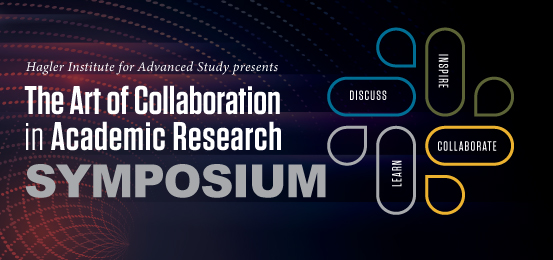
Speakers
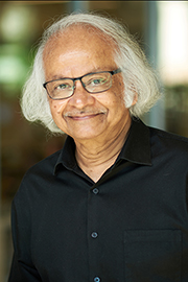
Dr. Supriyo Datta
Thomas Duncan Distinguished Professor of Electrical and Computer Engineering
Purdue University
Dr. Supriyo Datta received his doctorate from the University of Illinois at Urbana-Champaign in 1979 while working on surface acoustic wave devices, and has been with Purdue University since 1981. The non-equilibrium Green function (NEGF) method pioneered by his group is widely used for the modeling of quantum transport. His innovative theoretical proposals have inspired new fields of research including spintronics, negative capacitance electronics and the concept of p-bits for probabilistic computing. He is also known for his books and online courses conveying his research to a broad audience. He is a member of the National Academy of Engineering.
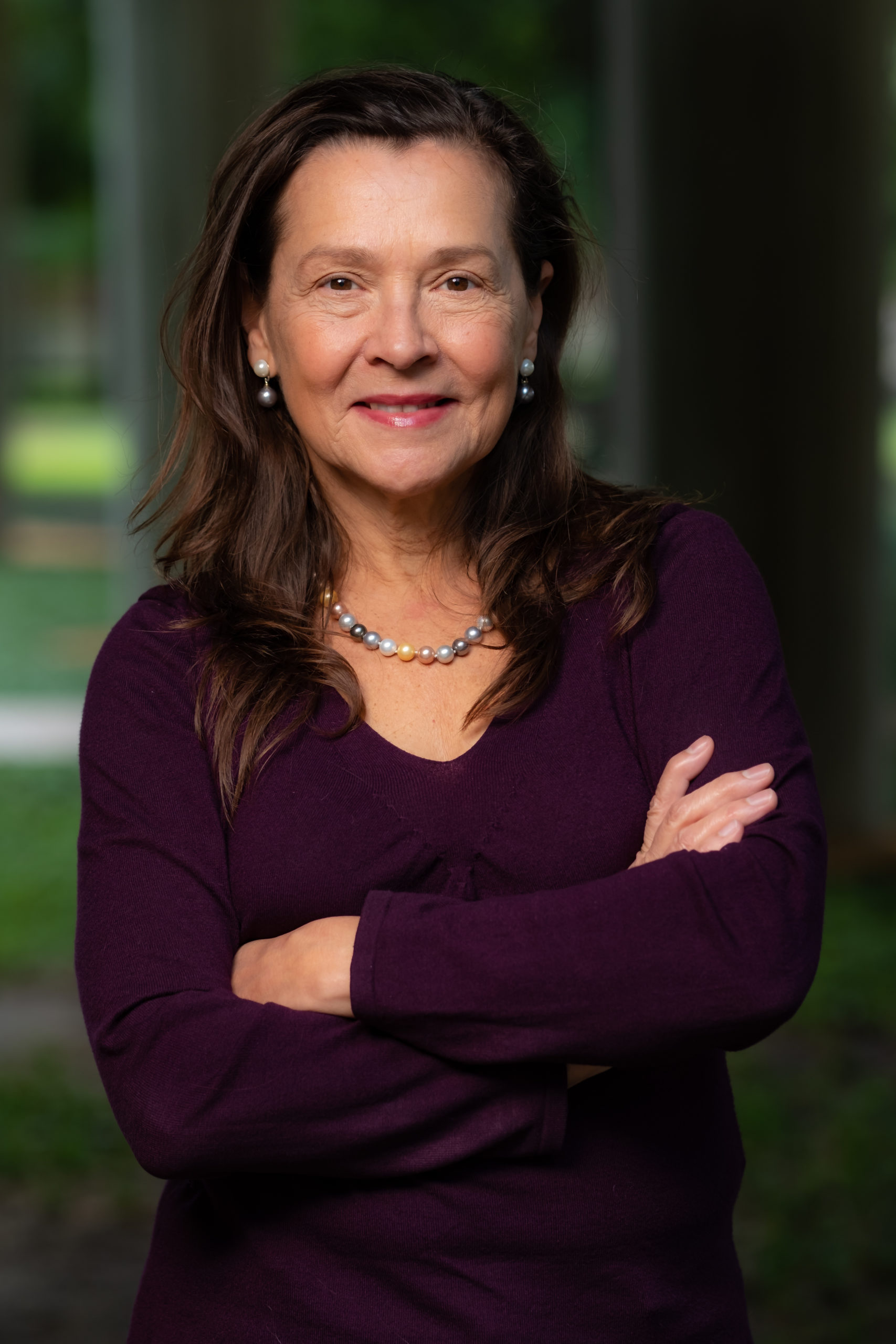
Dr. Naomi J. Halas
Stanley C. Moore Professor of Electrical and Computer Engineering / Director, Smalley-Curl Institute
Rice University
Dr. Naomi J. Halas received her undergraduate degree from La Salle University in 1980 and her doctorate from Bryn Mawr College in 1987. She is best known for showing that the shape of noble metal nanoparticles controls their optical properties. She was the first person to introduce structural control into the synthesis of coinage metal nanoparticles to control their optical resonances, which are due to collective electron oscillations known as plasmons. She pursues fundamental studies of coupled plasmonic systems as well as applications of plasmonics in biomedicine, optoelectronics, chemical sensing, photocatalysis and solar water treatment. She is the author of more than 350 refereed publications, has more than 25 issued patents and has presented more than 600 invited talks. She is co-founder of Nanospectra Biosciences, a company offering ultralocalized photothermal therapies for cancer based on her nanoparticles, and co-founder of Syzygy Plasmonics, a company with more than 100 employees currently deploying light-based chemical reactors for hydrogen production based on photocatalyst particles originally invented in her laboratory. She is a member of the National Academy of Sciences, the National Academy of Engineering, the American Academy of Arts and Sciences and the Royal Society of Chemistry in the United Kingsdom.
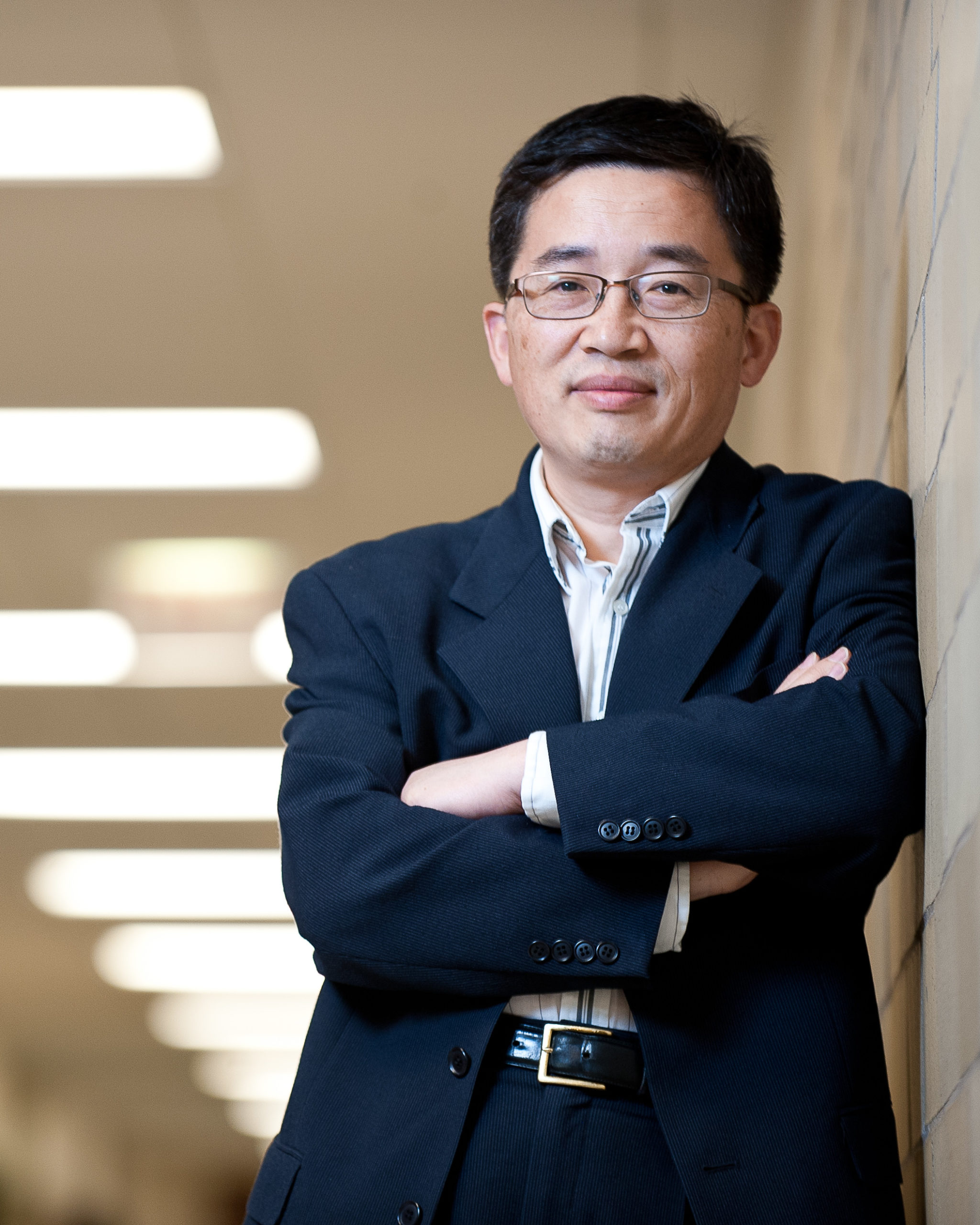
Dr. Yonggang Huang
Jan and Marcia Achenbach Professor of Mechanical Engineering, Civil and Environmental Engineering, and Materials Science and Engineering / Hagler Fellow (Class of 2018-19)
Northwestern University
Dr. Yonggang Huang ie is interested in mechanics of stretchable and flexible electronics and mechanically guided deterministic 3D assembly. He is a member of the National Academy of Sciences, National Academy of Engineering, American Academy of Arts and Sciences and Royal Society (London), and has received teaching awards from University of Arizona, University of Illinois at Urbana-Champaign and Northwestern University. As the editor-in-chief of Applied Mechanics Reviews, he has led the journal to reach its new impact factor 14.3.

Dr. Dae-Hyeong Kim
Professor, School of Chemical and Biological Engineering
Seoul National University
Dr. Dae-Hyeong Kim obtained bachelor’s and master’s degree in chemical engineering from Seoul National University, Korea, in 2000 and 2002, respectively. He received his doctorate degree in materials science and engineering from the University of Illinois at Urbana-Champaign in 2009. From 2009 to 2011, he was a post-doctoral research associate at the University of Illinois. He joined Seoul National University in 2011 and is currently a professor in the School of Chemical and Biological Engineering. He has served as an associate director of the Center for Nanoparticle Research of Institute for Basic Science (IBS) since 2017. He has been focusing on the research of nanomaterials and soft electronic devices. He has been recognized with several awards including George Smith Award (2009), Innovators Under 35 Award (2011), Hong Jin-ki Creative Award (2015), Society of Chemical Engineers, Japan Award (2016), and Korea Young Scientist Award (2017), and so on. He was also selected as one of the highly cited researchers by Clarivate Analytics between 2018 and 2022.
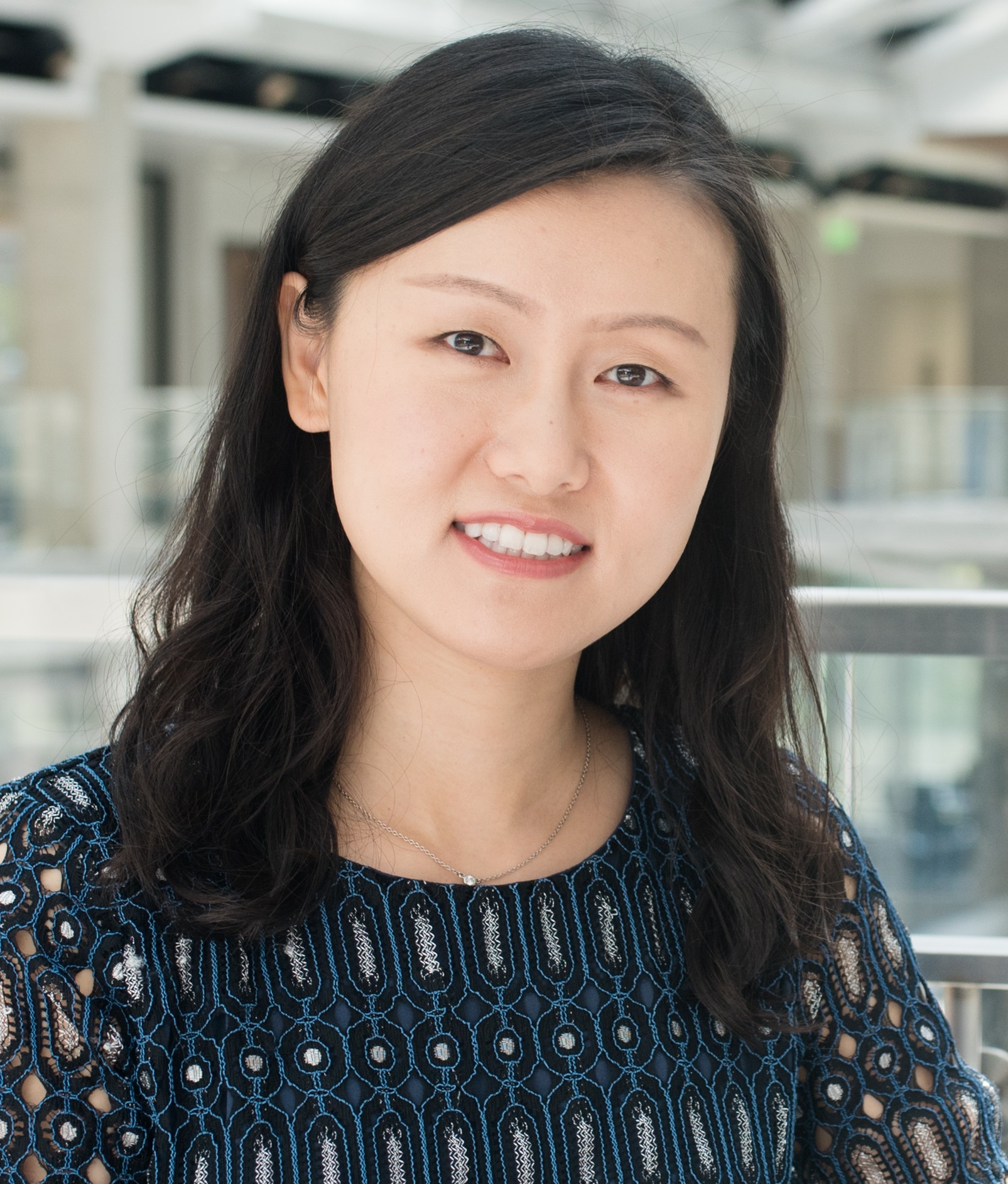
Dr. Nansha Lu
Cullen Trust for Higher Education Endowed Professorship in Engineering #4 and Professor of Aerospace Engineering and Engineering Mechanics
The University of Texas at Austin
Dr. Nanshu Lu is a professor at the Department of Aerospace Engineering and Engineering Mechanics at The University of Texas at Austin. She is also affiliated with the biomedical engineering, electrical and computer engineering and mechanical engineering departments. She holds the Cullen Trust for Higher Education Endowed Professorship in Engineering #4. She received her bachelor of engineering with honors from Tsinghua University, Beijing, doctorate from Harvard University and Beckman Postdoctoral Fellowship from the University of Illinois Urbana-Champaign. Her research concerns the mechanics, materials, manufacture, and human or robot integration of soft electronics. She is an American Society of Mechanical Engineers (ASME) Fellow, a Clarivate highly cited researcher and a TEDx speaker. She is the associate editor of the Journal of Applied Mechanics, Nano Letters and Institute of Electrical and Electronics Engineers Journal on Flexible Electronics. She is on the board of directors for the Society of Engineering Science. She has been named an Innovator Under 35 and an iCANX/ACS Nano Rising Star. She has received the National Science Foundation CAREER Award, Office of Naval Research and Air Force Office of Scientific Research Young Investigator Awards, 3M non-tenured faculty award, and the ASME Thomas J.R. Hughes Young Investigator Award. For more information, please visit Lu’s research group webpage at https://sites.utexas.edu/nanshulu/ .
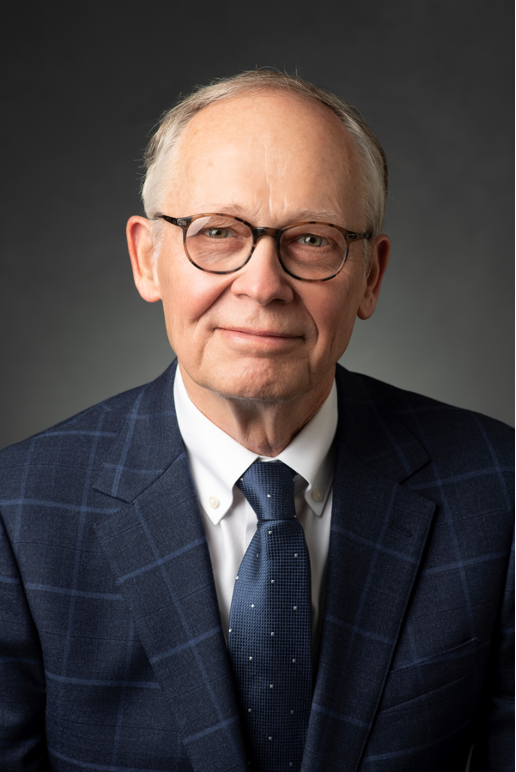
Dr. Mark S. Lundstrom
Don and Carol Scifres Distinguished Professor of Electrical and Computer Engineering
Purdue University
Dr. Mark S. Lundstrom serves as senior advisor to the president and as chief semiconductor officer at Purdue.
Lundstrom earned his bachelor’s and master’s degrees in electrical engineering from the University of Minnesota in 1973 and 1974 and his doctorate at Purdue University in 1980. He began his career working on integrated circuit process development and manufacturing. At Purdue, his research and teaching have focused on the physics, modeling and simulation of semiconductor devices. He also founded nanoHUB, which for 25 years has offered online access to semiconductor simulation tools and open-content educational resources to a global community of more than one million annually.
Lundstrom has been recognized by the Institute of Electrical and Electronics Engineers and other organizations for his contributions to research, education, and outreach and is a member of the National Academy of Engineering.
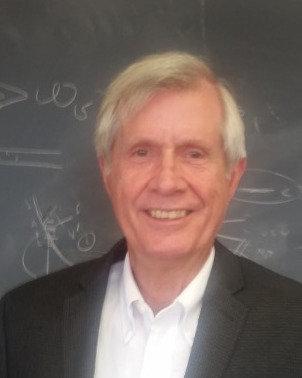
Dr. Richard Miles (moderator)
University Distinguished Professor and Holder of the O’Donnell Foundation Chair V, Aerospace Engineering
Texas A&M University
Dr. Miles received his bachelor’s in 1966, master’s in 1967 and doctorate in 1972, all from Stanford University. He joined the faculty at Princeton University in the fall of 1972. From 1980 to 1996 he served as chairman of engineering physics. He became emeritus at Princeton in 2013 and joined Texas A&M in February 2017. He is a member of the National Academy of Engineering, a fellow of the National Academy of Inventors, a fellow of Optica (previously the Optical Society of America), a fellow of the Hertz Foundation and a fellow of the American Institute for Aeronautics and Astronautics (AIAA). He was the recipient of the AIAA Aerodynamics Measurement Award in 2000 and the AIAA Plasma Dynamics and Lasers Award in 2012. He is a member of the board of directors of the Hertz Foundation, the board of trustees of Pacific University (Oregon) and the board of directors of Precision Optics, Inc. He is currently University Distinguished Professor and O’Donnell Foundation Chair V in Aerospace Engineering at Texas A&M and Robert Porter Patterson Professor Emeritus and Senior Scholar in Mechanical and Aerospace Engineering at Princeton.
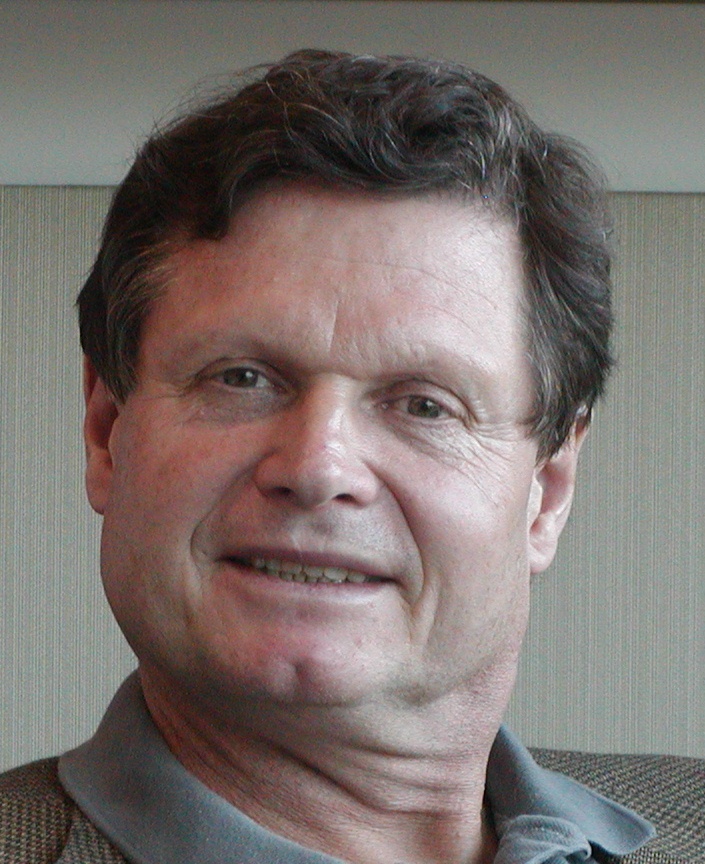
Dr. Peter J.A. Nordlander
Holder of the Wiess Chair and Professor, Physics and Astronomy, Electrical and Computer Engineering, and Materials Science and NanoEngineering
Rice University
Dr. Peter Nordlander obtained his doctorate degree in theoretical physics at Chalmers University of Technology in Gothenburg in Sweden in 1985. After postdoctoral positions at IBM Thomas J. Watson Research Center at Yorktown Heights (USA) and AT&T Bell Laboratories at Murray Hill (USA) and at Rutgers University, he joined the faculty at Rice University in 1989 and is currently the Wiess Chair of Natural Sciences and professor of physics and astronomy, professor of electrical and computer engineering and professor of materials science and nanoengineering. He has been a visiting professor at the University of Paris, at the Institute of Physics at the Chinese Academy of Sciences, a C.N. Yang Professor at the Chinese University of Hong Kong, at Peking University, and a prominent overseas visiting professor in the Department of Physics at Wuhan University. His research background is in theoretical condensed matter and nanoscience. His current research is focused on the theoretical and computational modeling of plasmonics and nanophotonics phenomena. He served as an associate editor of ACS Nano 2011-2023. He is a fellow of American Physical Society, American Association for the Advancement of Science, SPIE, Optical Society of America, Material Research Society, and is the recipient of the 1999 Charles Duncan Award for Outstanding Academic Achievement (Rice), the 2013 Willis E. Lamb Award for Laser Science and Quantum Optics, the 2014 Frank Isakson Prize for Optical Effects in Solids, the 2015 R. W. Wood Prize for Optics, the 2019 Hershel M. Rich Invention Award (Rice), the Hans Fischer Senior Fellowship in 2022-2025, and the 2022 Eni Energy Transition Prize. He has published more than 350 refereed articles, given more than 400 invited presentations at international conferences and workshops, has been cited more than 70,000 times with a Web of Science h-index above 130 and has been a Thomson-Reuters Highly Cited Researcher in physics, chemistry or materials science since 2013.
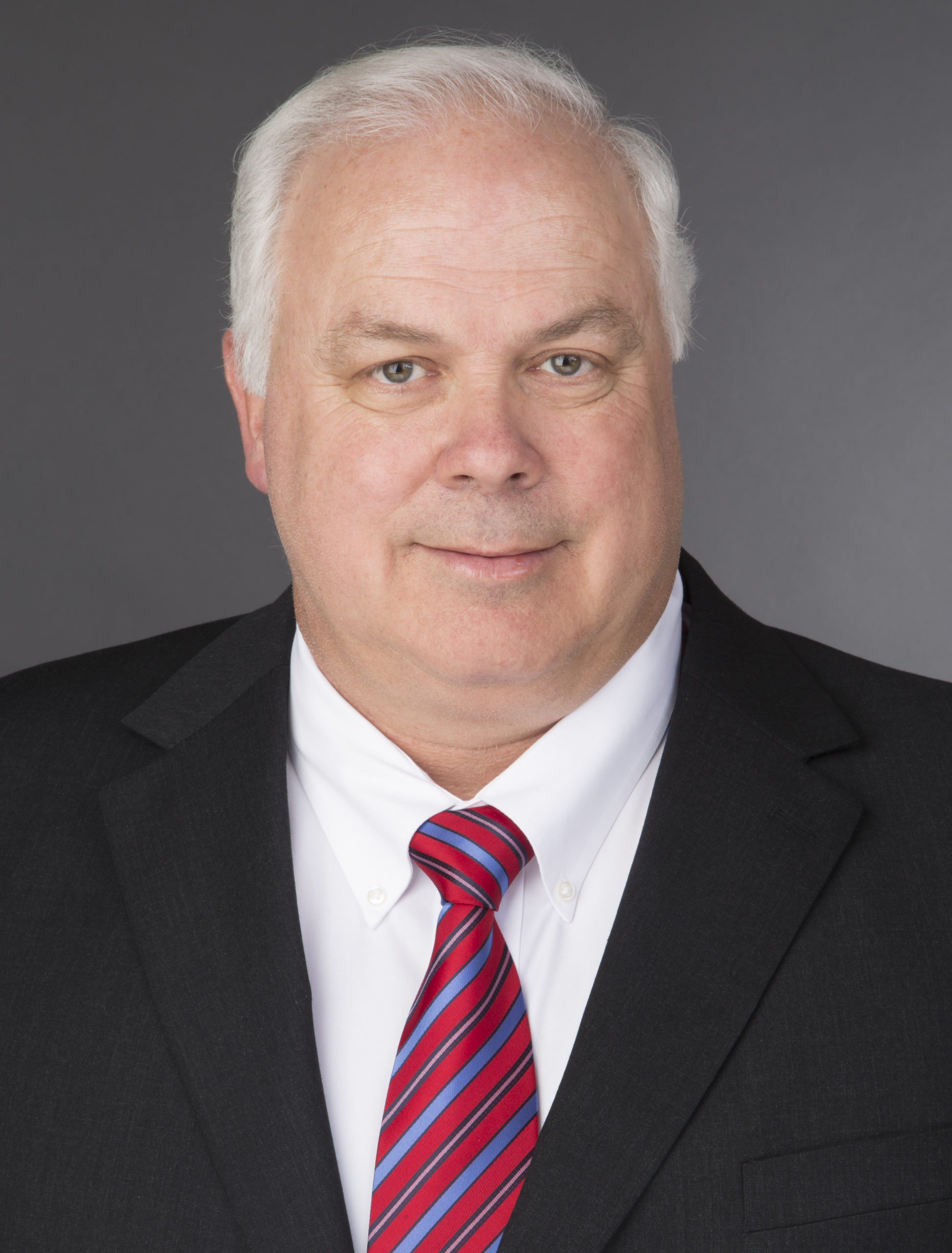
Dr. Warren Carl Oliver
Senior Scientist
KLA Corp.
As a materials scientist, Dr. Warren Carl Oliver studies how small volumes of materials respond to imposed stresses or strains. He received his doctorate in materials science and engineering from Stanford University in 1981. In addition to his role at technology company KLA, Oliver is an adjunct professor at Texas A&M University and the University of Tennessee. He is a member of the National Academy of Engineering. Clarivate has identified Oliver as one of the world’s most highly cited researchers in materials science
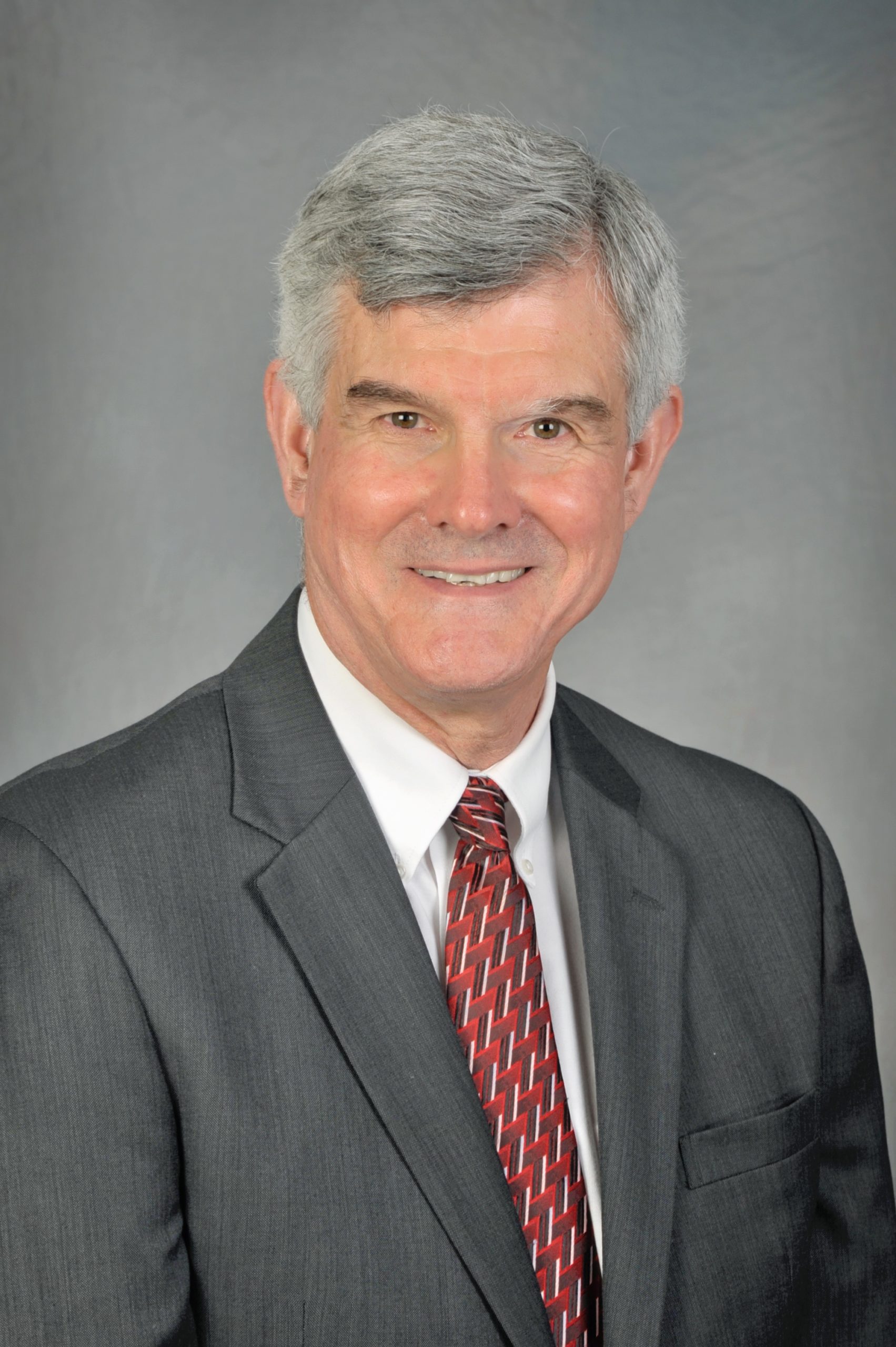
Dr. George M. Pharr
Professor of Materials Science and Engineering and Holder of the Erle Nye ’59 Chair I
Texas A&M University
Dr. George M. Pharr received his bachelor’s in mechanical engineering at Rice University in 1975 and doctorate in materials science and engineering from Stanford in 1979. After one year of postdoctoral study at the University of Cambridge, he returned to Rice in 1980 as a member of the faculty of the Department of Mechanical Engineering and Materials Science. He moved to the Department of Materials Science and Engineering at the University of Tennessee (UT) in 1998 and to Texas A&M in 2017. While at UT, he served a term as head of the materials science and engineering department and held a joint faculty appointment at the Oak Ridge National Laboratory (ORNL). Pharr is a member of the National Academy of Engineering and a fellow of three professional societies: The Minerals, Metals & Materials Society, American Society for Mentals International, and the Materials Research Society. He has served as an associate editor of the Journal of the American Ceramic Society and a principal editor of the Journal of Materials Research. His research focuses on the mechanisms of plasticity and fracture in solids, especially at small scales.

Dr. John A. Rogers
Louis Simpson and Kimberly Querrey Professor of Materials Science and Engineering, Biomedical Engineering and Neurological Surgery (and by courtesy Electrical and Computer Engineering, Mechanical Engineering, Chemistry and Dermatology)
Northwestern University
Dr. John A. Rogers began his career at Bell Laboratories as a member of technical staff in the Condensed Matter Physics Research Department in 1997, and served as director from the end of 2000 to 2002. He then spent 13 years at the University of Illinois as the Swanlund Chair Professor and director of the Seitz Materials Research Laboratory. In 2016, he joined Northwestern University as the Simpson/Querrey Professor, where he is also director of the Institute for Bioelectronics. He has co-authored nearly 900 papers and he is co-inventor on more than 100 patents. His research has been recognized by many awards, including a MacArthur Fellowship (2009), the Lemelson-MIT Prize (2011), the Smithsonian Award for American Ingenuity in the Physical Sciences (2013), the Benjamin Franklin Medal (2019) and a Guggenheim Fellowship (2021). He is a member of the National Academy of Engineering, the National Academy of Sciences, the National Academy of Medicine and the American Academy of Arts and Sciences.
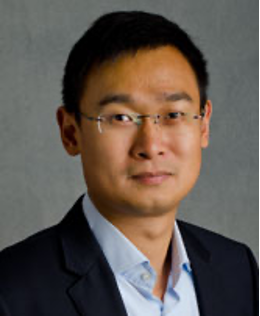
Dr. Dashun Wang
Professor of Management and Organizations at the Kellogg School of Management and the McCormick School of Engineering; Founding Director, Center for Science of Science and Innovation
Northwestern University
Dr. Dashun Wang is a professor of management and organizations at the Kellogg School of Management and the McCormick School of Engineering at Northwestern University. At Kellogg, he is the founding director of the Center for Science of Science and Innovation (CSSI). He is also a core faculty at the Northwestern Institute on Complex Systems (NICO). Dashun is a recipient of multiple awards for his research and teaching, including the Air Force of Scientific Research Young Investigator award, Poets & Quants Best 40 Under 40 Professors, Junior Scientific Award from the Complex Systems Society, the Erdos-Renyi Prize, Thinkers50 Radar 2021, and more. At CSSI, Wang leads a group of highly interdisciplinary researchers who are extremely passionate about data. His current research focus is on Science of Science, a quest to turn the scientific methods and curiosities upon ourselves, hoping to use and develop tools from complexity sciences and artificial intelligence to broadly explore the opportunities and promises offered by the recent data explosion in science. His research has been published in such general audience journals as Nature, Science, PNAS, Nature Human Behaviour, Nature Physics, Nature Reviews Physics, Nature Machine Intelligence, Nature Communications and more. It has been featured in virtually all major global media outlets, including The New York Times, The Wall Street Journal, The Economist, Bloomberg, Financial Times, The Today Show, Harvard Business Review, The Atlantic, World Economic Forum, Forbes, The Guardian, The Washington Post and The Boston Globe, among others. Check out his first book: The Science of Science.

Dr. R. Stanley Williams
Professor of Electrical and Computer Engineering, and holder of the Hewlett Packard Enterprise Chair; Director of the Center for Computer Architecture
Texas A&M University
Prompted by his exploration of the fundamental limits of information and computing, Dr. R. Stanley Williams has performed research in nanoelectronics, nanoionics and nanophotonics and assessed how to utilize the nonlinear properties of matter to perform computation efficiently. Before coming to Texas A&M, he was a senior fellow at Hewlett Packard Labs, where he led the group that developed the first intentional solid-state version of Dr. Leon Chua’s memristor. He worked at Bell Labs before joining the faculty at the University of California Los Angeles, where he served as a chemistry professor for 15 years. He was named one of the top 10 visionaries in the field of electronics by EE Times magazine and has received awards in chemistry, applied physics and nanotechnology. Williams has been issued more than 230 patents, published more than 450 peer-reviewed papers and presented hundreds of invited plenary, keynote and named lectures at international scientific, technical and business events.
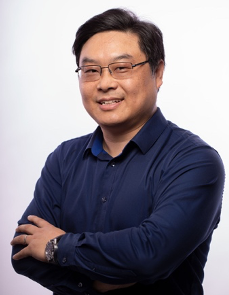
Dr. J. Joshua Yang
Professor of Electrical and Computer Engineering
University of Southern California
Dr. J. Joshua Yang is a professor of the Department of Electrical and Computer Engineering at the University of Southern California. He was a professor of the electrical and computer engineering department at the University of Massachusetts Amherst between 2015 and 2020. He spent about eight years at HP Labs between 2007 and 2015. His current research interest is Post-CMOS hardware for neuromorphic computing, machine learning and artificial intelligence, where he published several pioneering papers and holds 120 granted and about 60 pending US Patents. He is the founding chair of the IEEE Neuromorphic Computing Technical Committee. Dr. Yang is a Clarivate™ Highly Cited Researcher in the field of Cross-Field and the Top Best Scientists in the Research.com list in the Electronics and Electrical Engineering category. He was elected as IEEE Fellow and National Academy of Inventors (NAI) Fellow for his contributions to resistive switching materials and devices for nonvolatile memory and neuromorphic computing.
